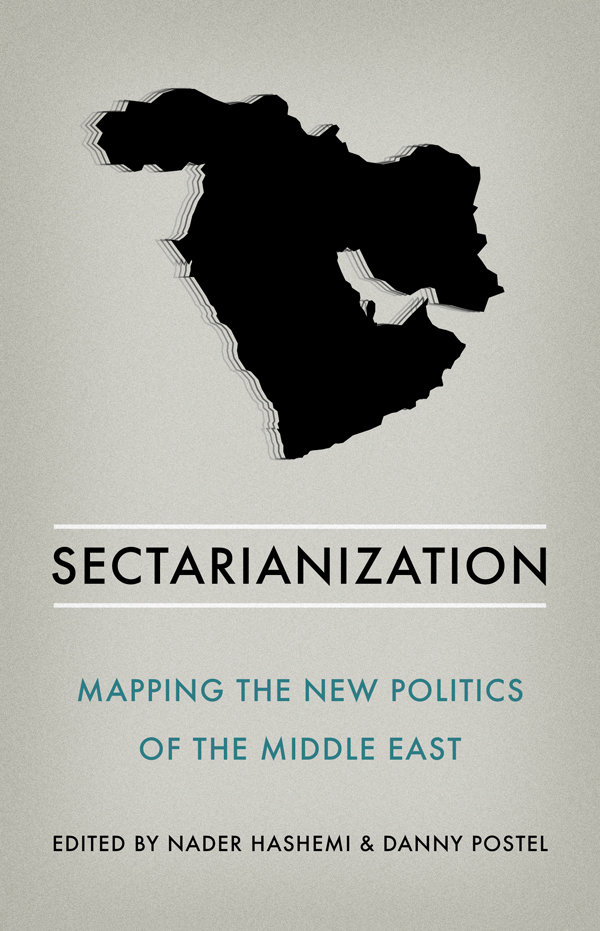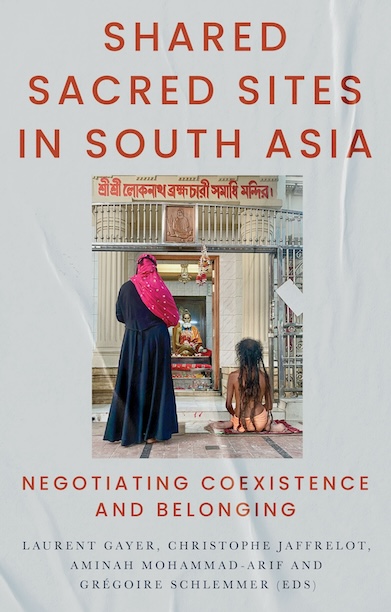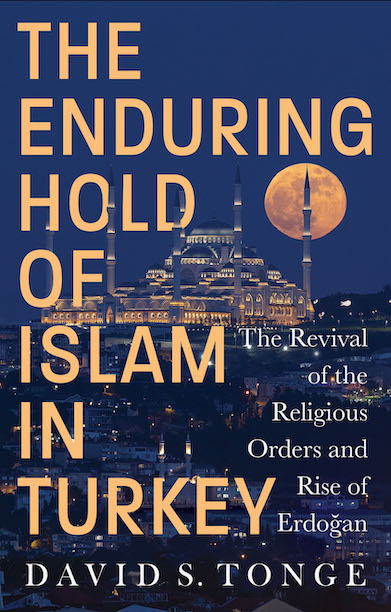Sectarianization
Mapping the New Politics of the Middle East
An anatomy of the increasing sectarianization of conflicts in the Middle East, by some of the leading scholars writing on the region.
Description
As the Middle East descends ever deeper into violence and chaos, ‘sectarianism’ has become a catch-all explanation for the region’s troubles. The turmoil is attributed to ‘ancient sectarian differences’, putatively primordial forces that make violent conflict intractable. In media and policy discussions, sectarianism has come to possess trans-historical causal power.
This book trenchantly challenges the lazy use of ‘sectarianism’ as a magic-bullet explanation for the region’s ills, focusing on how various conflicts in the Middle East have morphed from non-sectarian (or cross-sectarian) and nonviolent movements into sectarian wars. Through multiple case studies — including Syria, Iraq, Lebanon, Saudi Arabia, Bahrain, Yemen and Kuwait — this book maps the dynamics of sectarianisation, exploring not only how but also why it has taken hold. The contributors examine the constellation of forces — from those within societies to external factors such as the Saudi–Iranian rivalry — that drive the sectarianisation process and explore how the region’s politics can be de-sectarianised.
Featuring leading scholars — and including historians, anthropologists, political scientists, scholars of religion and international relations theorists — this book will redefine the terms of debate on one of the most critical issues in international affairs today.
Table of contents
Introduction: The Sectarianization Thesis — Nader Hashemi and Danny Postel
PART I — SECTARIANIZATION IN HISTORICAL, GEOPOLITICAL AND THEORETICAL PERSPECTIVE
1. The Problem of Sectarianism in the Middle East in an Age of Western Hegemony — Ussama Makdisi
2. The Sectarianization of Geopolitics in the Middle East — Bassel Salloukh
3. The Arab Region at a Tipping Point: Why Sectarianism Fails to Explain the Turmoil — Yezid Sayigh
4. A Narrative Identity Approach to Islamic Sectarianism — Adam Gaiser
PART II — HOW SECTARIANIZATION WORKS: CASE STUDIES
5. International Politics, Domestic Imperatives, and Identity Mobilization: Sectarianism in Pakistan, 1979–1998 — Vali Nasr
6. Sectarian Relations before “Sectarianization” in pre-2003 Iraq — Fanar Haddad
7. The Shattered Nation: The Sectarianization of the Syrian Conflict — Paulo Gabriel Hilu Pinto
8. Sectarianism as Counter-Revolution: Saudi Responses to the Arab Spring — Madawi Al-Rasheed
9. Strategic Depth, Counterinsurgency, and the Logic of Sectarianization: The Islamic Republic of Iran’s Security Doctrine and its Regional Implications — Eskandar Sadeghi-Boroujerdi
10. Sectarianization, Islamist Republicanism, and International Misrecognition in Yemen — Stacey Philbrick Yadav
11. Sectarianization as Securitization: Identity Politics and Counter-Revolution in Bahrain — Toby Matthiesen
12. The Architecture of Sectarianization in Lebanon — Bassel Salloukh
13. Sectarianism, Authoritarianism, and Opposition in Kuwait — Madeleine Wells
14. Conclusion: Peacebuilding in Sectarianized Conflicts: Findings and Implications for Theory and Practice — Timothy D. Sisk
Reviews
‘A possible paradigm shift in the explanatory efficacy of of sectarianism as a static category and catch-all reason for conflict in the Middle East.’ — Review of Middle East Studies
‘A major contribution.’ —Global Change, Peace and Security
‘The master narrative that everything in the Middle East is explained by religious fanaticism has a long history in the West. Paradoxically, in our own era it has, if anything, become more inescapable than it was in the day of Martin Luther, despite the proliferation of social science about the region in the Western academy. Hashemi and Postel do an enormous service by bringing together in one volume a mass of research knocking down the “sectarianism thesis.” It is essential for anyone who wants truly to understand this crucial region.’ — Juan Cole, Richard P. Mitchell Collegiate Professor of History at the University of Michigan
‘Why has sectarianism become such an urgent, destructive force in today’s Middle East? This collection brings together a diverse group of scholars to advance a distinctively political explanation for the rise of sectarian conflict across the region. Rather than resort to essentialised identities, these essays expertly dissect the historical, political and instititutional contexts within which cynical political and social actors have mobilised sectarianism for their own ends. Every student of Middle East politics will benefit from reading and thinking hard about the implications of this collection.’ — Marc Lynch, Professor of Political Science, George Washington University, Director of the Project on Middle East Political Science, and author of The New Arab Wars: Anarchy and Uprising in the Middle East
‘What this empirically rich and theoretically sophisticated volume shows is that there are multiple processes that drive sectarianization. I would highly recommended this book for both undergraduate and graduate courses in contemporary Middle Eastern politics.’ — Feras Klenk, MEMBR Online
‘Sectarianization brings together a group of fine scholars to interrogate what has become a new Orientalist orthodoxy vis-à-vis the Middle East. The rigorous historical and socio-political analyses in the book make it clear that the astonishing sectarian conflicts in today’s Middle East have little to do with any ancient primordial loyalties, but are rooted in the contemporary geopolitics of the region. Sectarianization is an indispensable read for these bleak times.’ — Asef Bayat, Catherine & Bruce Bastian Professor of Global and Transnational Studies and Professor of Sociology at the University of Illinois, Urbana-Champaign
Editor(s)
Nader Hashemi is Director of the Center for Middle East Studies and an Associate Professor of Middle East and Islamic Politics at the University of Denver’s Josef Korbel School of International Studies. He is the author of Islam, Secularism and Liberal Democracy and co-editor of The Syria Dilemma and The People Reloaded: The Green Movement and the Struggle for Iran's Future.
Danny Postel is Assistant Director of the Middle East and North African Studies Program at Northwestern University and the former Associate Director of the Center for Middle East Studies at the University of Denver’s Josef Korbel School of International Studies. He is the author of Reading ‘Legitimation Crisis’ in Tehran and co-editor of The Syria Dilemma and The People Reloaded: The Green Movement and the Struggle for Iran's Future.






